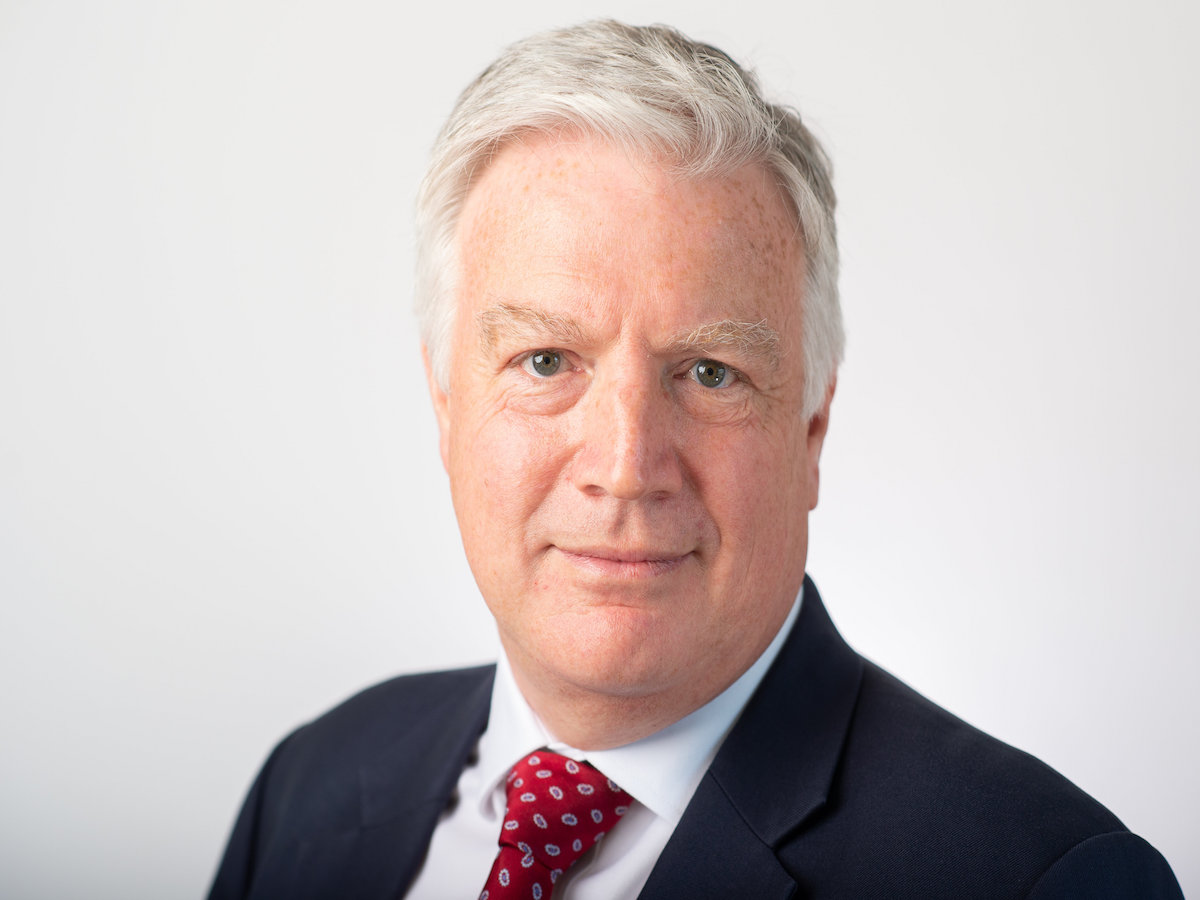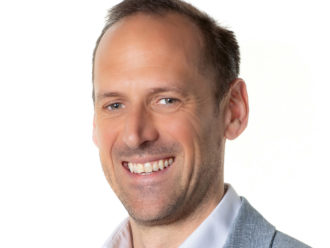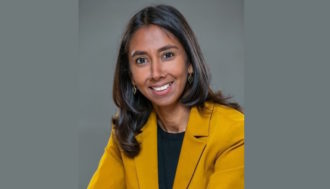David Fairs is executive director of regulatory policy, analysis and advice at The Pensions Regulator
For too long, the immature defined contribution (DC) market, with limited asset scale and a long tail of subscale schemes, has been overshadowed by the defined benefit (DB) market where investment innovation has thrived. That needs to change. Workplace DC assets are expected to grow from £500bn to £1trn by 2030. This creates opportunities for greater innovation in DC.
Consolidation will help accelerate the process. The DC Master Trust market has reduced from 89 schemes before authorisation, to 36; workplace DC schemes with more than 12 members have fallen from 4,560 in 2010 to 1,560 at the start of 2021. Those numbers are expected to fall further as consolidation, to achieve scale and enable better outcomes, continues.
While the automatic enrolment market has been a significant success in ensuring more savers are providing for their retirement, more needs to be done. Too often the focus for employers, master trust sponsors and trustees appears to have been on cost, with the lowest cost often having been the key determinant. Saver outcomes need to be the focus for trustee decisions and the advice they receive.
The Productive Finance Working Group recently published a report: A Roadmap for increasing investment in Productive Finance Investments, which has been followed by the publication of the FCA’s Policy Statement for their Long Term Asset Fund regime. We welcome these developments and the potential they offer to unlock barriers to long-term investment in the DC market.
Investment in productive nance refers to investment that expands productive capacity. Examples include investing in plant and equipment, research and development and technologies.
An underlying theme of the recent market developments is that investment in productive finance assets can help support UK growth and the transition to a low carbon economy.
While those themes might resonate with trustees, ultimately trustees have fiduciary duties and they should only invest in any asset if they believe that investment is in the best interests of their members.
They should also take appropriate advice. Consultants have helped to drive investment and risk management innovation in the DB market over many years. Regrettably, the DC market has not yet benefitted from the same level of innovation.
Lack of individual DC scheme asset scale, fragmented and sub-scale DC pension schemes, lack of sufficient scope within scheme governance budgets and the wider industry focus on inputs (costs) rather than outputs (saver outcomes) may all have contributed to that lack of progress. That needs to change.
We recently published a joint discussion paper with the FCA setting out a common framework for the holistic assessment of value for money across DC workplace pension schemes in the accumulation phase.
However, ultimately, we believe that trustees, consultants and investment managers need to actively engage on these issues to help drive change and help accelerate the transfer of DB skills and innovation to the DC market.
Trustees and their advisers can have a significant impact on saver outcomes. In setting out a roadmap and putting in place a structure around that roadmap to deliver change, the Productive Finance Working Group will, in time, create an opportunity for trustees to consider investing in a wider set of investments, with fewer barriers to implementation and with the potential to improve saver outcomes.
As the recent industry developments show through, we expect trustees to consider whether new investment opportunities that arise as a result of these industry developments, would be appropriate for their scheme.
We would also expect trustees to be prepared to demonstrate to their members that they have considered the full range of investment opportunities for their scheme, in the context of potential future saver outcomes and not just in the context of (lowest) costs.
Where trustees do not believe they have either the scheme scale or governance capacity to consider these wider investment opportunities, we would also expect trustees to consider whether consolidation of their scheme into a larger arrangement might o er better opportunities for saver outcomes.




